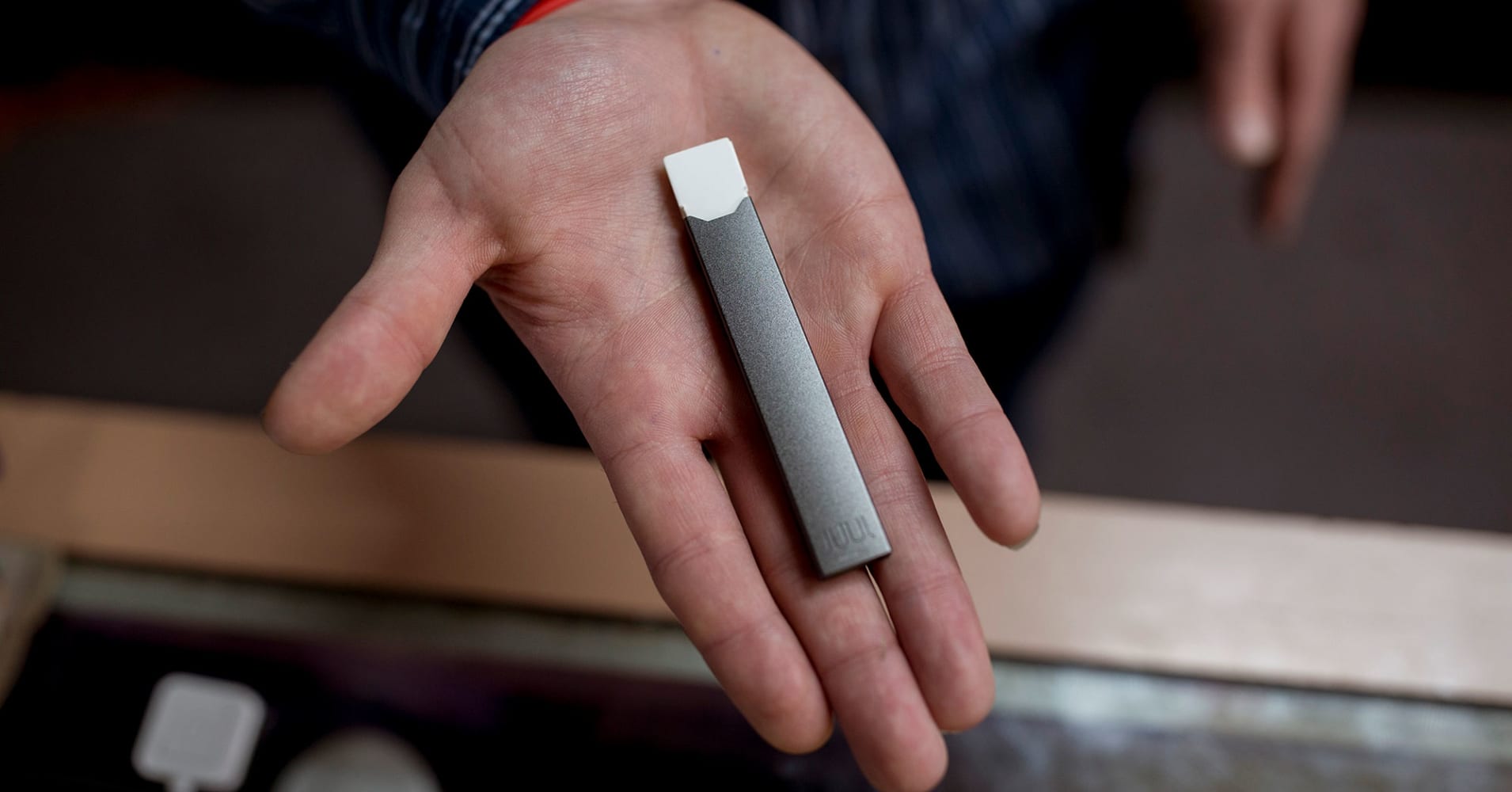
On its own, Juul has made a number of missteps. It tried to roll out a Juul-sponsored e-cigarette lesson plan in schools that critics have said are right out of Big Tobacco’s playbook. In this instance, Juul’s chief administrative officer Ashley Gould told The New York Times the company wasn’t aware tobacco companies had also tried this tactic because Juul didn’t build its management around former tobacco employees.
Altria has decades of experience in handling regulatory and legal issues. Similar to Juul today, Altria faced enormous public pressure in the 1990s. It helped craft a deal between manufacturers and state attorneys general, known as the Master Settlement agreement, which established fixed amounts tobacco companies would pay annually and limited marketing in exchange for ending a wave of ongoing lawsuits.
But partnering with a cigarette maker exposes Juul to skepticism from those that have questioned the company’s mission to end cigarette smoking from the beginning. Each Juul pod contains as much nicotine as one pack of cigarettes.
“If Juul really wants to eliminate cigarettes, why would they even consider partnering with a company that not only makes the best-selling cigarette brand among kids, but has repeatedly fought efforts to reduce smoking?” Campaign for Tobacco-Free Kids President Matt Myers said in a statement.
Selling a portion of itself to a tobacco company could also spark internal backlash among people who joined Juul to execute its stated mission: “eliminate cigarettes by offering existing adult smokers with a true alternative to combustible cigarettes.”
Juul co-founder James Monsees told CNBC in an August interview that one of the biggest pride points at the company is having already converted more than 1 million smokers from combustible cigarettes. He said Juul is trying to attract people who could also work at tech companies like Tesla, Facebook, Google and Apple.
“And what that meant was for someone to come here instead, especially in the early days, they’d have to truly believe in our mission and want to be here to end smoking and to have one of the biggest impacts on public health in the history of the world,” he said.
Since spinning off from vaporizer maker Pax Labs last year, Juul has raised money from just a handful of investors, including Tiger Global, Fidelity Investments and Tao Capital markets. Despite being in the backyard of Silicon Valley investors, Juul has struggled to raise money from them.
Many venture capital firms aren’t allowed, based on their agreements with limited partners, to invest in anything related to alcohol, tobacco or guns. While Juul’s device isn’t technically a tobacco product, the addictive nature of nicotine and its popularity among kids has turned it into a toxic brand among start-up tech investors.
“People who don’t understand this issue don’t have kids in high school,” said Jeff Richards, a managing partner at venture firm GGV, who has four kids, the oldest of whom is a freshman in high school. “I’m acutely aware of how big a problem this Juul device has become.”
The two companies declined CNBC’s request for comment. The Wall Street Journal first reported Juul’s talks with Altria, while Axios fist reported its recent fundraising efforts.
—CNBC’s
Ari Levy
contributed to this report
WATCH:
How Juul made vaping cool and became a $15 billion e-cigarette giant
Be the first to comment